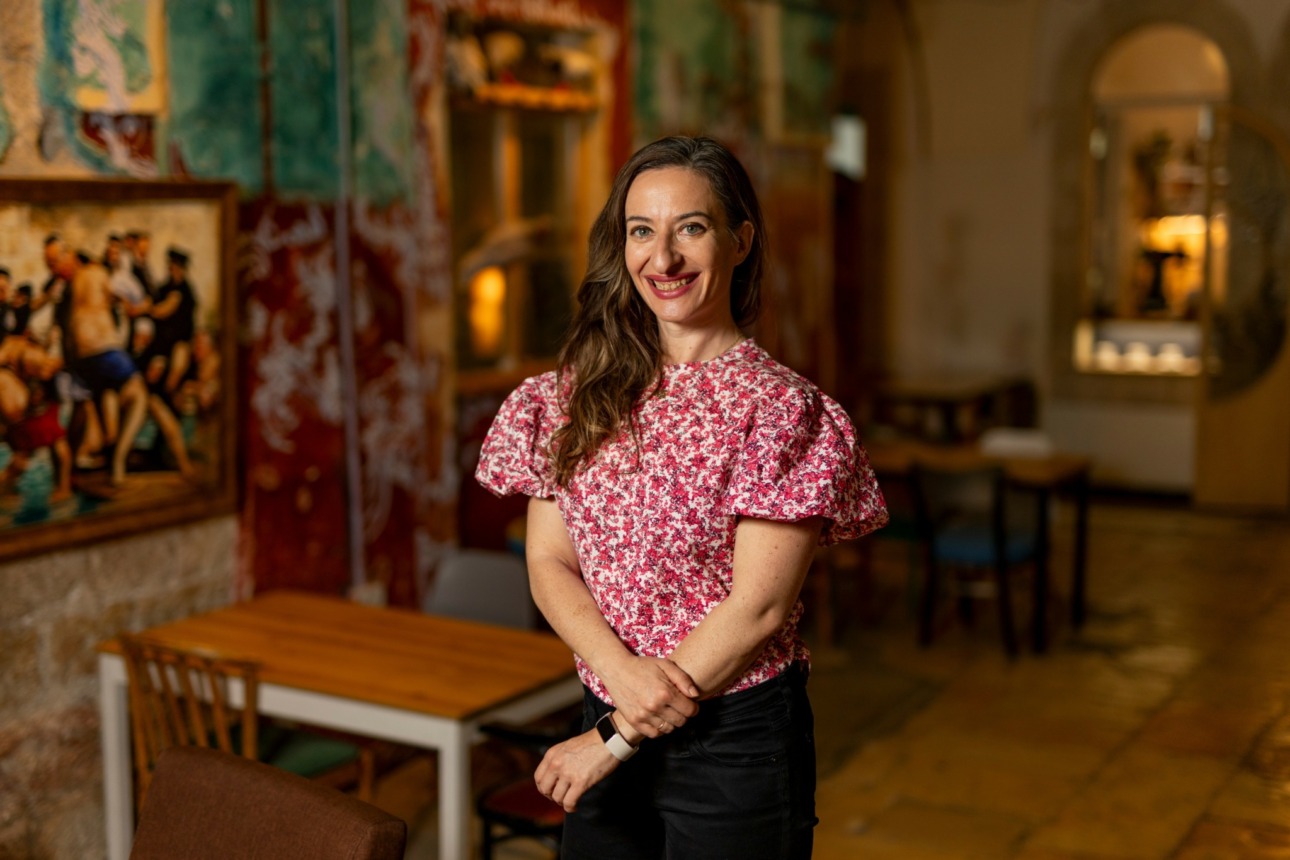The world needs artists and creatives. Unfortunately, being needed doesn’t often easily translate into financial stability. The struggle is real for so many incredibly talented artists and creatives and so we think it’s important to hear from creatives who have made it work – there is so much to learn from the folks we’ve featured below.
Paige Reisenfeld
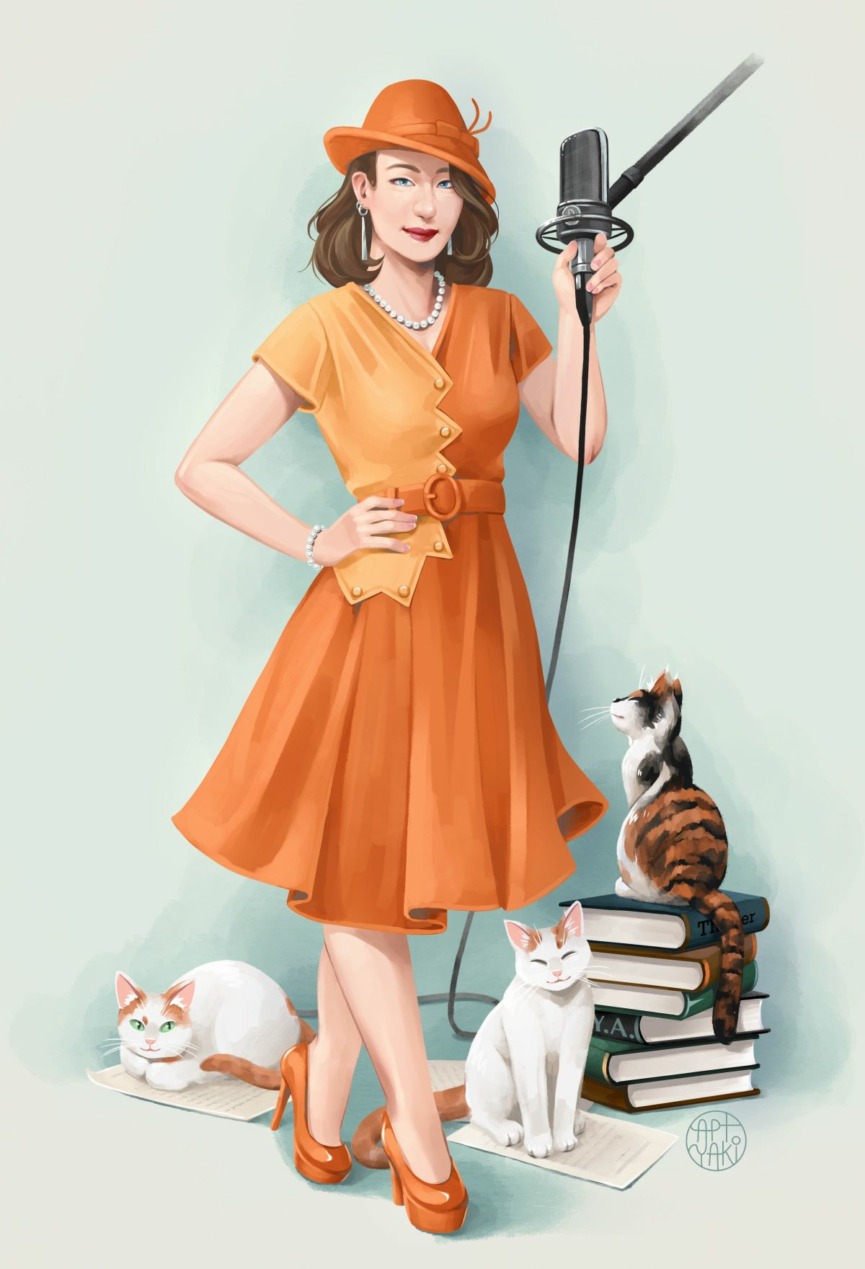
I do make a full-time living now – it’s difficult to say if that will continue, considering the climate of the world, but then, that’s always up in the air for a gig worker.
When I first started narration, I worked three other part-time jobs as well – a cheesemonger, retail at a vintage clothing store, and singing at a church. I would record whenever I could, outside of these, and it was difficult, because I also lived in a place where bass was going constantly from surrounding cars, etc. Read more>>
Diana Horowitz

I would like to push back a little on the ideal of earning a full-time living on your creative work, in particular if you are a visual artist. I have been lucky enough to have had some income from selling my paintings from my earliest days, but I believe painting is not a business venture, it’s a creative endeavor. In my life I’ve tried not to expect my paintings to support me, I try to support my paintings. I need to hold on to the freedom to make the work that I want to make. I often did odd jobs (waitressing, selling hammocks, working in a general store, a leather store, a dry cleaner, cleaning hotel rooms, modeling for life class, substitute teaching, to name a few) but the crucial thing was for painting to come first. From doing all those jobs — even the most menial — I learned important things about myself and about relating to people. Read more>>
Silverwood Alin
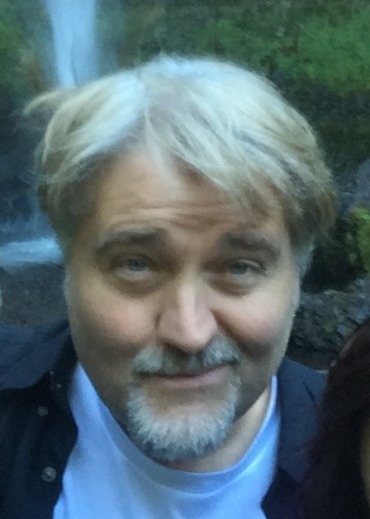
I’ve earned a full-time living from writing and editing for most of my career. It’s surprisingly rare, so one has to be careful not to take it for granted. And in the new world we’re just stepping into now, creative jobs are being handed to AI, or at least partially so, which means it will only become more rare and less valuable. Not a great step for humanity overall. I’m not much for making the species obsolete, but we’re making big strides in that area — bigger than ever. Read more>>
Rex Hausmann
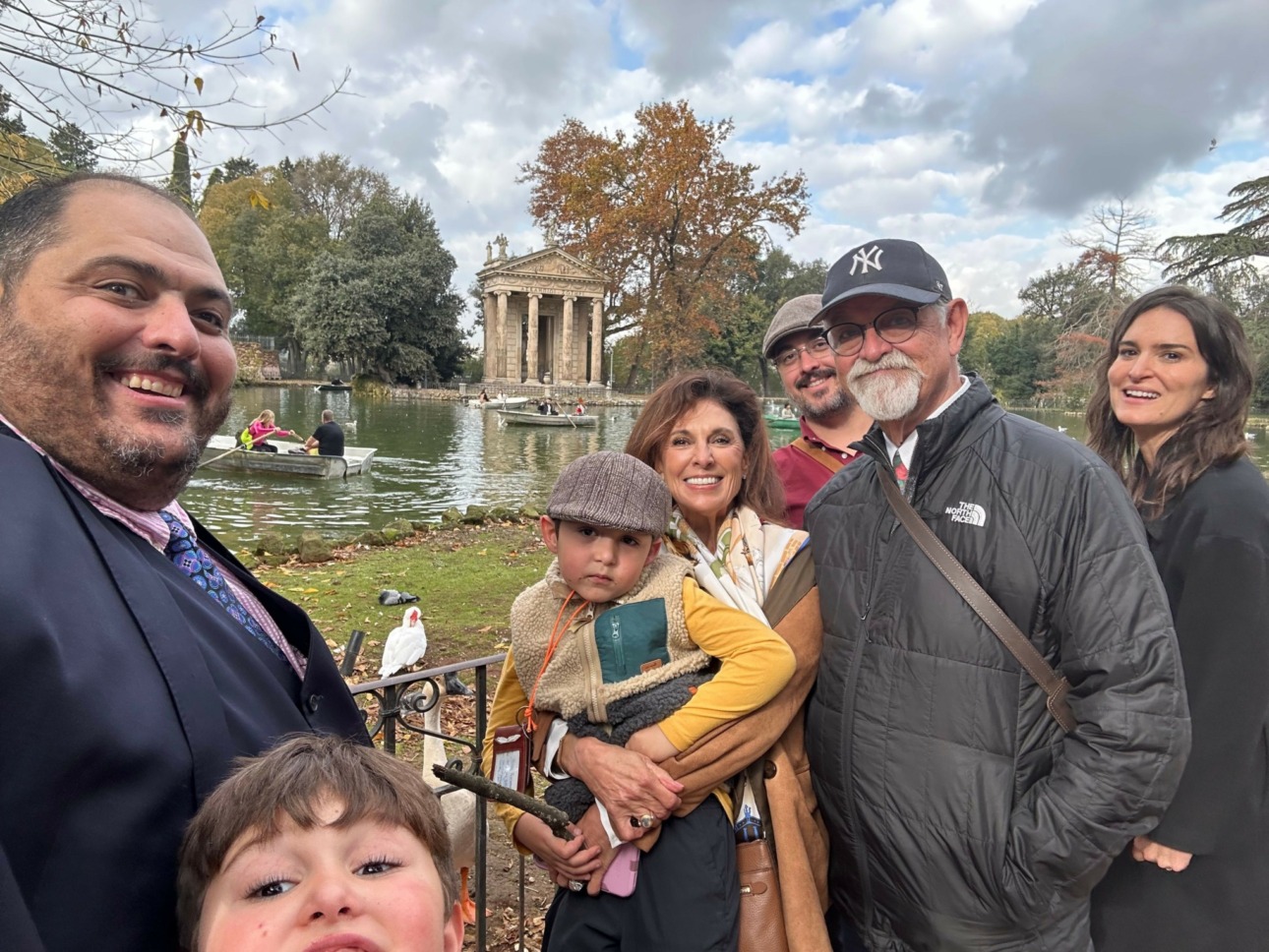
Well, to start I’m 20 years in as a professional painter. I’m 41 years old and I’ve been drawing ever since I was a child. I started to paint in middle school and in high school. In college, I would then get both an undergraduate degree and a graduate degree in studio, art, and art history.
If I were to give any advice to Artists, I would say more than anything, as soon as you can figure out what if any direction you’re going to go in the arts. Read more>>
Josh Gates
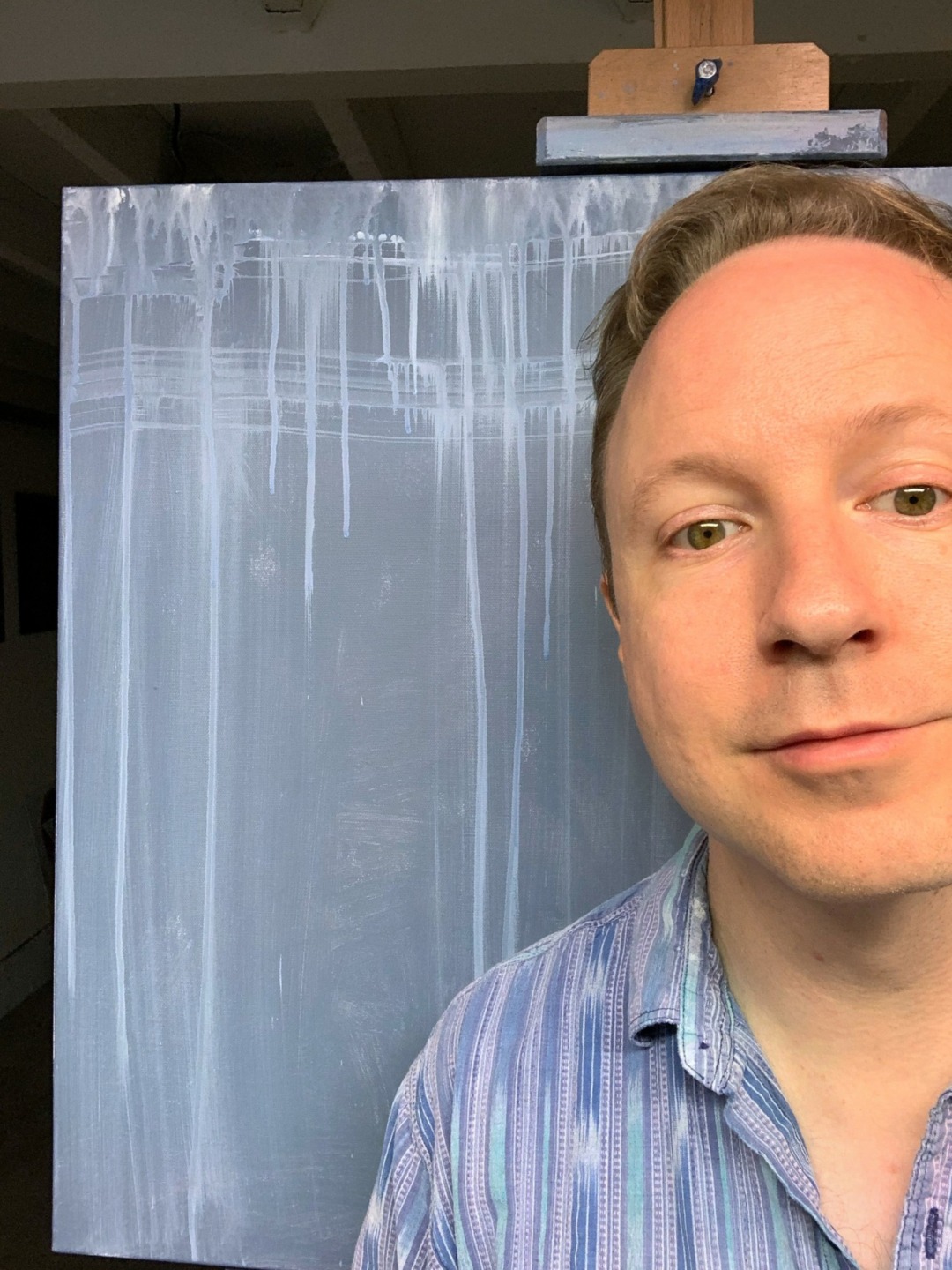
I was fortunate enough to work full-time as an artist for a period of four years. I have to credit my wonderful BFA program at Portland State University and the faculty there for helping me take my painting to the next level, and the book “ART/WORK” by Heather Darcy Bhandari and Jonathan Melber for giving me the tools to navigate the professional day-to-day of a working artist. Read more>>
Lonnae Hickman

I work as a full time freelance props designer, mainly based in Chicago and Milwaukee. During my time in school, I heard many times that this was almost impossible but for me I can’t see the possibility of working another job and doing prop design. Being a props designer is extremely intensive, for me, I knew I didn’t want to live in two worlds of working as a creative and juggling a full time job”normal job”. I wanted to fully devote my time to it so that I could be my best mentally, creatively, and physically. Looking back five years later this was the right move. Read more>>
Reuben Wu
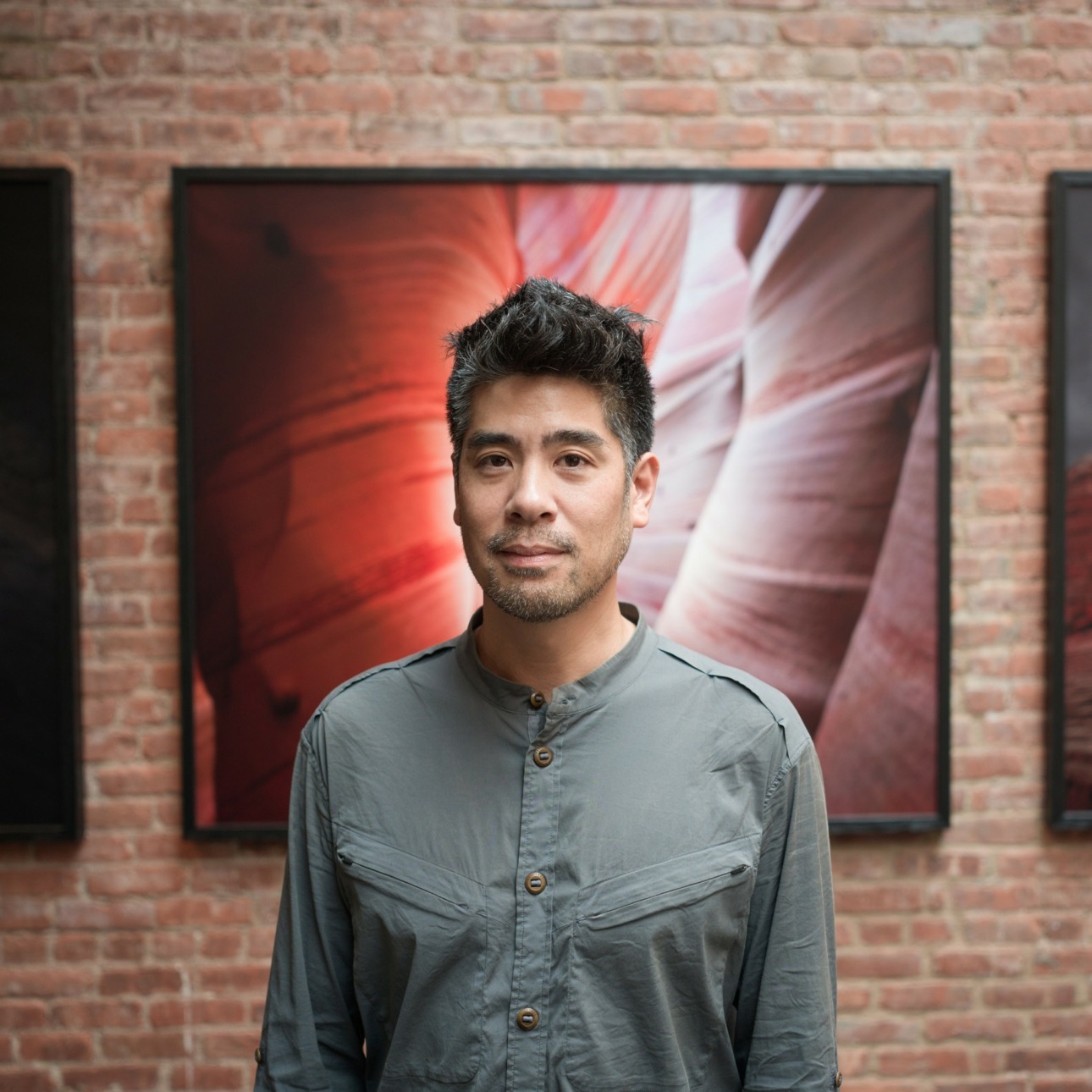
The short answer is yes, but it took time, persistence, and reinvention. When Ladytron took a break in 2011 after five albums and hundreds of shows worldwide, I faced a significant transition.
I’d been making a living from music for about a decade, but photography was still just a passion. Starting over in a new field in my mid-thirties was daunting.
The first few years were challenging. I went from performing to sold-out crowds to struggling to make ends meet. I worked on developing my photographic voice while taking on whatever commercial work I could find. Those early years involved a lot of financial uncertainty and soul-searching. I was essentially starting from scratch in a new industry where I had no reputation or connections beyond those I’d made through music. Read more>>
Joe Perry
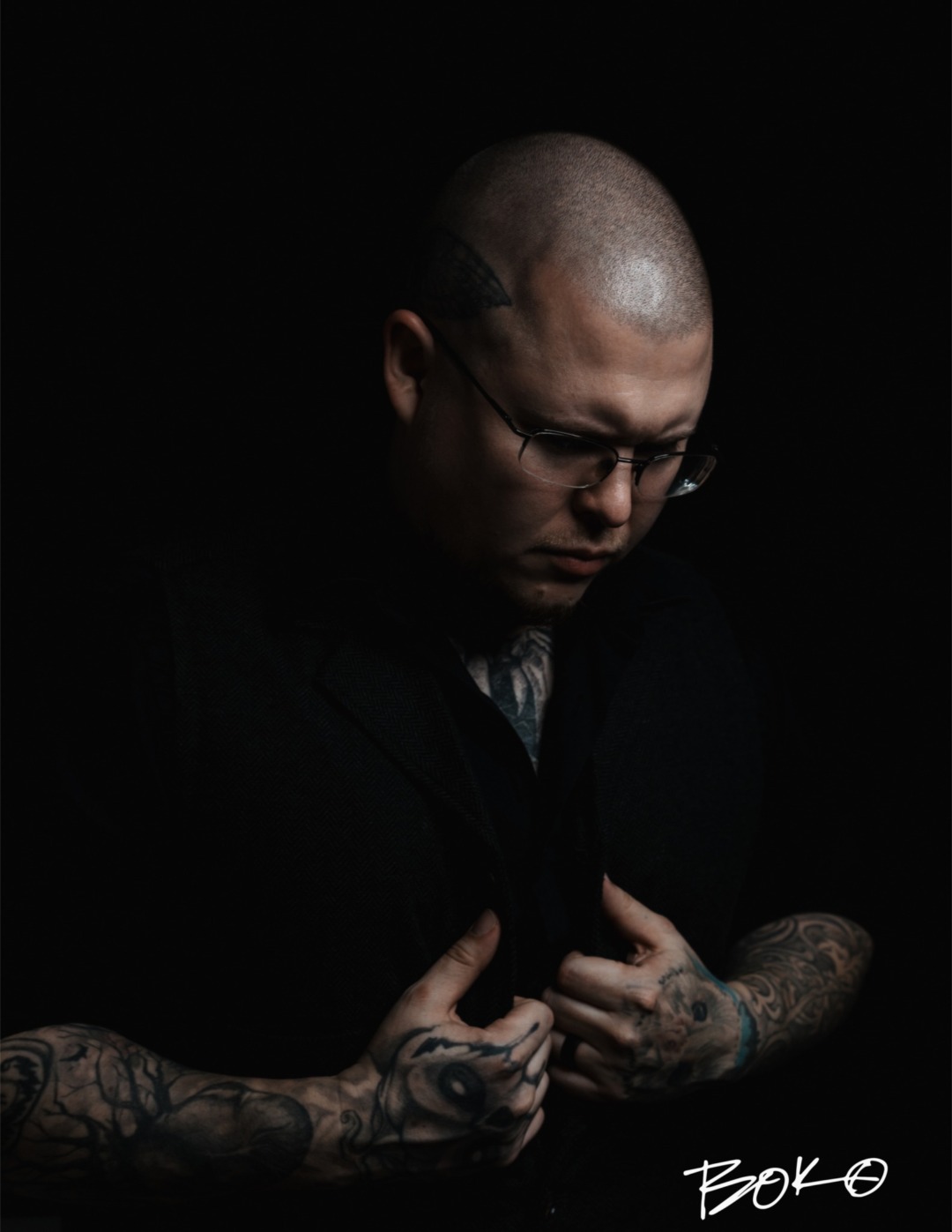
Within the last decade, I have been able to build a clientele base, and a reputation that has allowed me to make a living off of my artwork and my tattooing, as well as build myself a business within the tattoo community, which is in the process of growing.
As a creative, making a living from Art has always been the ultimate goal. When I graduated High School in 2007, I wasn’t entirely sure how to make that happen, so I attempted to follow the path of an Art Educator. I went to college and earned a Bachelor’s of Science in Art Education in 2011. However, as a creative, that path didn’t pan out the way I had hoped. During my first year as an art teacher, I enrolled in college again to earn my Bachelor’s of Fine Arts, which i acquired in 2014. Read more>>
Vernard Fields
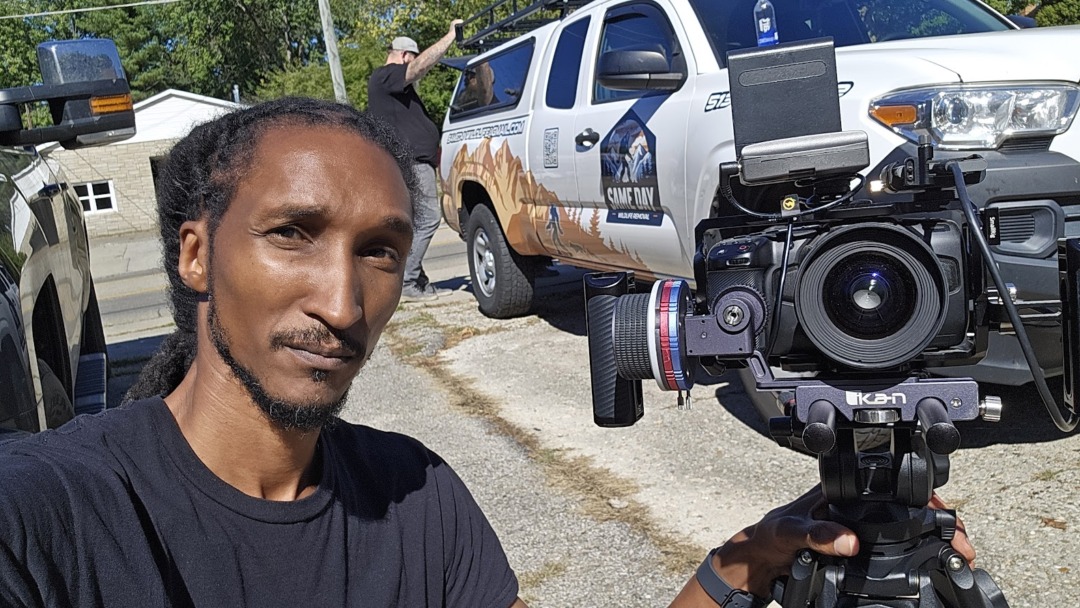
Yes, I have been able to earn a full-time living from my creative work, but the journey was anything but straightforward. It took years of persistence, adaptation, and strategic decision-making to reach this point.
The Journey to Full-Time Creativity
From the beginning, I knew I wanted to work in creative fields, but making a sustainable income from it was a challenge. My career started with graphic design and multimedia, which gave me a foundational skill set in visual storytelling. Over time, I transitioned into filmmaking, video production, and brand development, eventually founding Plan-It Production Studio. Read more>>
Flo Low
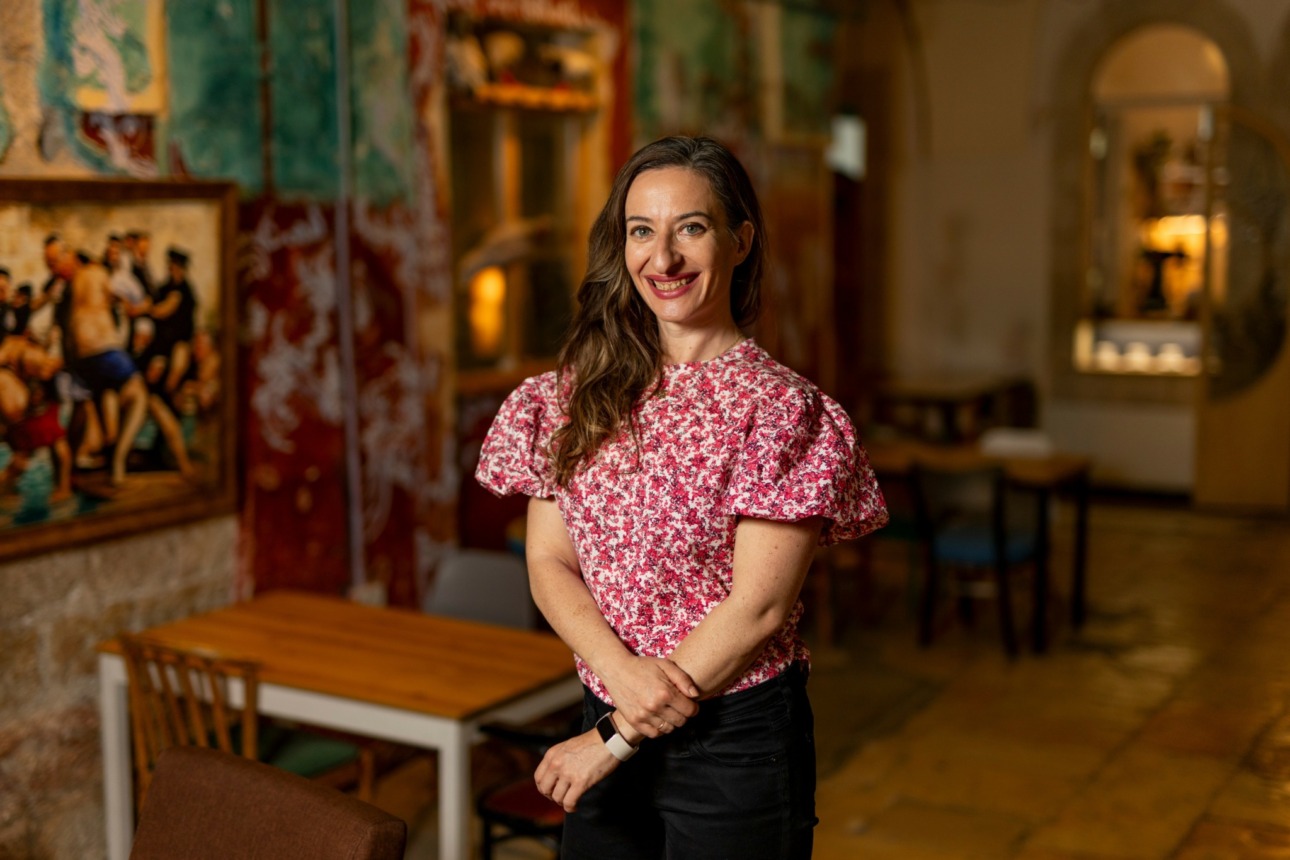
In the middle of the pandemic, my Executive Director shared news that would forever alter the trajectory of my career: after two years managing a program for this organization, they had decided to investing in me, and spin my work into an independent non-profit. Over the next two months, I vacillated between absolute glee, and sheer terror. I loved my work as a program director, but I yearned for more independence and creative freedom. I needed the push, and it was a push in the right direction that unleashed my true potential. Read more>>
Cazzey Cereghino
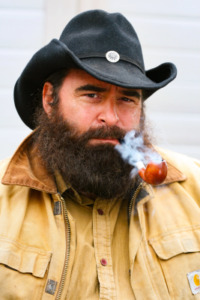
Oh wow. This could be a long answer, and I don’t want to bore readers with a long, loquacious answer, as I have a tendency to do. My name is Cazzey Louis Cereghino. Although I got into the entertainment industry originally as a singer-songwriter and musician, I began veering into writing in other forms, mostly writing fiction novels. While working as an intern for my literary agent at an across-the-board talent agency, I began getting asked if I’d be interested in being submitted on acting jobs. I hesitated, feeling that I wasn’t an actor or model, and didn’t want to pose as something that I wasn’t. But after some time, I agreed, and I am sure thankful that I did. I still write novels and play music for enjoyment, but make my living as an actor. And I really couldn’t love it more. Essentially, I get paid to do dress-up and make-believe. Can’t beat it. Read more>>
Allison Black

Yes! I’ve always been able to make a full-time living from my creative work, though it’s taken different forms over my 16 years in the industry. Like many young artists, I worried about making a stable living, especially being sold the “starving artist” stereotype as a child. I shared this concern with my college professors and they connected me with alumni, which landed me a full-time job at a baby bedding company before I even graduated. Read more>>
Lamont Pete
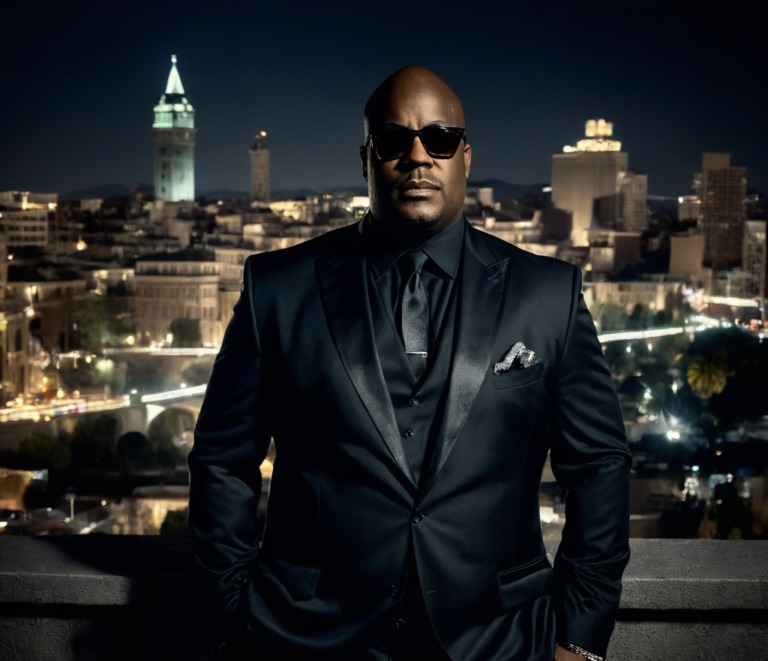
Making a full-time living in the entertainment industry, especially as a television executive producer, isn’t a walk in the park. It takes time, resilience, and a whole lot of strategy. Was it like that from day one? No chance. You don’t just wake up and find yourself at the top of the game. You grind, you fail, you pivot, and you build.
For me, it started with a foundation radio as a morning disc jockey and then spending time as A&R in the music industry, prior to all of that I was a school teacher,. So with all of that experience it gave me a unique perspective on storytelling and the power of media. Read more>>


